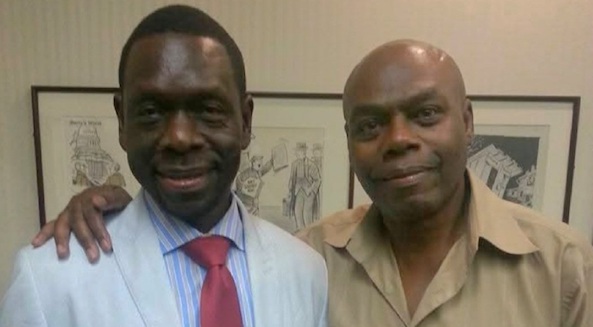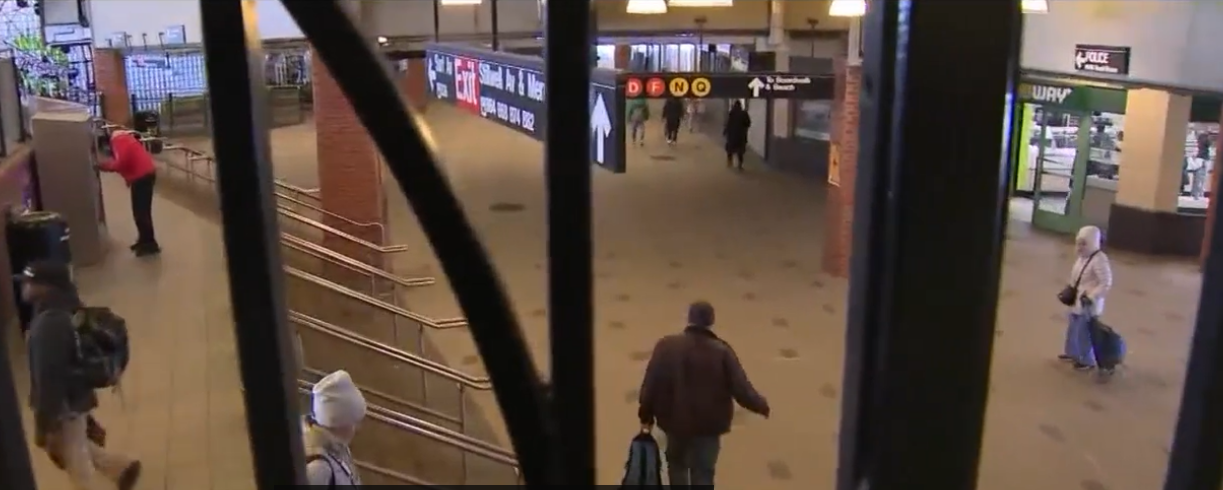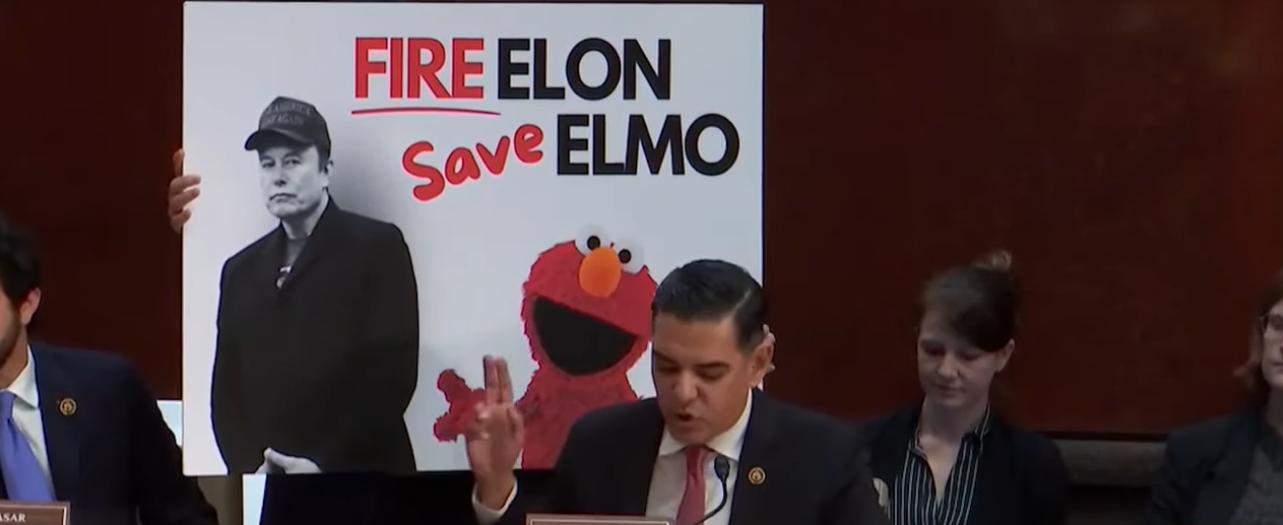Today I learned that sex trafficking slaves get penalized more than the people selling and buying their “services…”
…And that really sucks.
Is it a reason to legalize prostitution? That might help, because in the United States where prostitution is illegal mostly everywhere, everyone involved is treated like they committed a crime, even if they were forced or coerced.
I found this out when I spoke to Jane Wells, the creator of the film TRICKED, which documents elements of the sex trafficking industry in the United States. She’s been working on the film since 2010. It has taken over three years of research and she worked with a number of NGOs to learn about the issue. She and her team traveled all over the country looking for stories. They interviewed everyone- from the women who were often coerced into selling their bodies to law enforcement. “We were lucky to join [with] police forces,” She says of her and her co-director John-Keith Wasson, who had been working on a TV show about pimps.
Wells further explains about how the laws governing women’s bodies can cause women to be treated like criminals. I think it’s important to note that when the movie talks about sex trafficking, it’s talking about prostitution, not just just importing and exporting people from different places to pimp them out to johns. This is happening right in our own backyards.
“Prostitution is still illegal in all 50 states except Nevada. Law enforcement may be enlightened but they still penalize sex trafficking. Children still have to go through the criminal justice system. That’s just ground zero for the problem.” Says Wells.
In America we tend to think that we are squeaky clean when it comes to human rights issues. Wells agrees that Americans are hypocritical. “I’m making the film to let people know that we point the finger [at other countries] but we don’t look at ourselves.”
Jane Wells has long been a story teller. She covered the Gulf War and felt there should be more in-depth coverage. Now she does documentary films to cover injustices that affect people across the globe with 3 Generations, her not profit organization. “We are a storytelling organization who uses film to tell the story. sex trafficking is a human rights issue. It’s an important step forward for us to make this film because we are saying that we consider this to be a human rights issue.”
I asked Wells how does making a documentary film about sex trafficking help the issue? She says it helps because it’s a point of access for people to a problem they wouldn’t have known about otherwise. It also becomes a historical document. The screenings allows engagement with audiences, Q and A’s, and a chance for people to have a real conversation about something that may have happened to someone they know, or possibly even themselves. The healing is in removing the shame around talking about the fact that people are selling their bodies and the profits make up a huge part of our shadow economy. When you share, you help heal shame. This onus falls on all of our shoulders.
We should be using all every avenue we can to bring awareness to this issue. It’s growing faster and faster by the day, and the website for the film points out that this is the “golden age” for this industry. The internet is a major factor in this.
Before the internet took over this industry, the traffickers were more visible. “Now the transactions are done on the internet and the pimp and can hide under the anonymity of that.” Wells points out.
I played devil’s advocate, or I was just curious: Isn’t this just the ugly side of prostitution? What about high class escorts who get paid very well and may not even have sex with every client? Wells wasn’t convinced at my feigned naivety. “I think that nobody completely makes that choice. People might be forced to [sell their bodies] but I don’t think it’s anyone first career choice.”
Choosing to be a pimp may be more common. One of the pimps used to be a drug dealer but sex trafficking is way more lucrative. The risks of selling women is less than for selling drugs. “‘It’s more dangerous to sell drugs to sell people in America’,” Wells quotes one of the pimps she interviewed. But she was careful not to use the film to convey a preconceived notion about this industry. “The film has no narrator and everyone speaks in their own voice, even the johns.”
Inquiring about the few prostitutes who may have mostly positive experiences doesn’t negate the fact that people are suffering severe trauma by being involved in this deadly game. If we don’t see it as the level of crime it is then we are blaming the victim. “The extent of the harm [is long lasting] and it takes them years to recover.” Wells explains.
And what’s worse, “Criminalizing people involved in prostitution is making it hard to get them a regular job… to the point where being able to work in a regular store is a big step for them.”
In that energetic exchange, the pimp suffers just as much as the prostitute, and in turn we, as a society, all do. We are so fearful of our sexuality, so impoverished as to the knowledge of who we really are, that we don’t know how to express it and it becomes perverted. When all respect is lost for humanity then abuses will occur. I think it’s less about sex than it is about the type of issue this is: human rights.
TRICKED will premiere in New York City this Fall and will be distributed nationwide. See www.trickedfilm.com for details.







